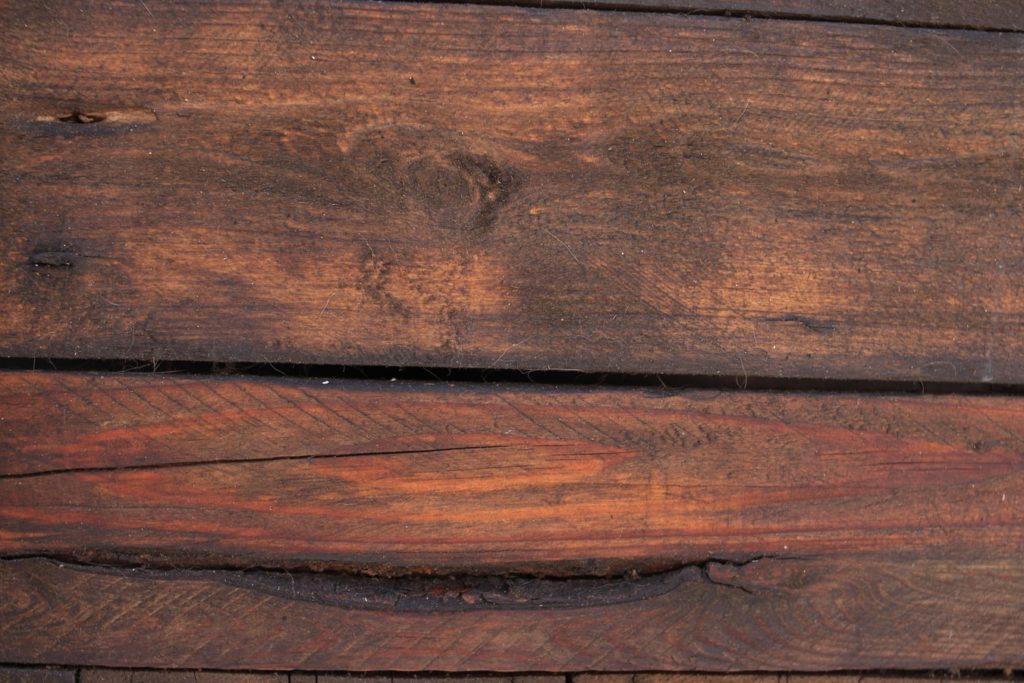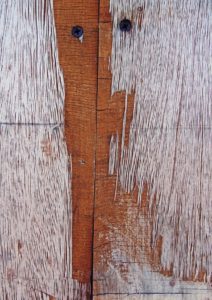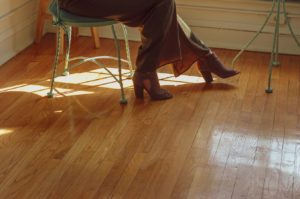Do Uneven Floors Mean Foundation Problems?

Uneven or sloped flooring is rarely a sign that there’s just a problem with the floor. It’s a better indication that settling or shifting of the foundation is going on beneath the flooring. If you notice a slope developing, your first call should be to a foundation expert!
Flooring Problems Are Directly Related To Foundation Problems
If you suspect the floor is sloping, there’s a simple-yet-effective way of finding out: roll a marble across the floor and see if it takes a straight path or veers towards the center of the room. This will give you a rough estimation of the problem. Sometimes the sloping is caused by bad structural design, and in this case, you’d have to talk to a builder. More often than not, though, the flooring issues start at the home’s foundation.
When a foundation starts shifting, it can cause the wooden floor beams and joists to bend. This will cause the flooring to sag towards the middle of the home. Masonry won’t bend like the floor beams and joists – it’s more likely to break. When your foundation is shifting or cracked, the concrete floors of your basement will become uneven and crack, too. If your foundation is settling, it may even be lifting the concrete floor as it moves.
You may notice other signs besides uneven floors, including:
- Cracks in the drywall and cement in the basement
- Interior doors and windows getting stuck or jammed
- Moisture and mould problems
If you notice sloping, cracking, or other flooring issues, it’s important that you bring a professional to look for the cause. The damage can become much worse and much more costly to more parts of your home than just the flooring. They can also become hazards for children, the elderly, and those with mobility issues.
What Is Causing The Shifting Of The Foundation?
 Foundations will naturally shift after they are laid down because it can take some time for the concrete to settle. However, if the concrete has been poured properly, settling won’t be a problem for the basement walls or the floors above. Shifting is usually caused by soil, poor drainage around the home, and the natural ageing of the home:
Foundations will naturally shift after they are laid down because it can take some time for the concrete to settle. However, if the concrete has been poured properly, settling won’t be a problem for the basement walls or the floors above. Shifting is usually caused by soil, poor drainage around the home, and the natural ageing of the home:
- Soil: When the soil around a home has too much moisture in it, it exerts a lot of hydrostatic pressure on the foundation and can cause it to shift. As well, soil that isn’t properly compacted after construction will shift over time.
- Poor Drainage: If your property slopes toward your home, it will direct the flow of moisture against the basement walls and beneath the foundation. Unless a proper system of protection is in place, this flow of moisture can degrade the concrete and cause leaks that have repercussions beyond the basement.
- An Aging Home: As the concrete deteriorates over time, the foundation will become unstable and shift.
All of these problems cause leaks, mould problems, and structural damage. This last one includes sloped flooring, and if you notice this problem, don’t just tolerate it. Ignoring this is ignoring what’s causing it, and the foundation issues at the root can cause much more than flooring damage.
